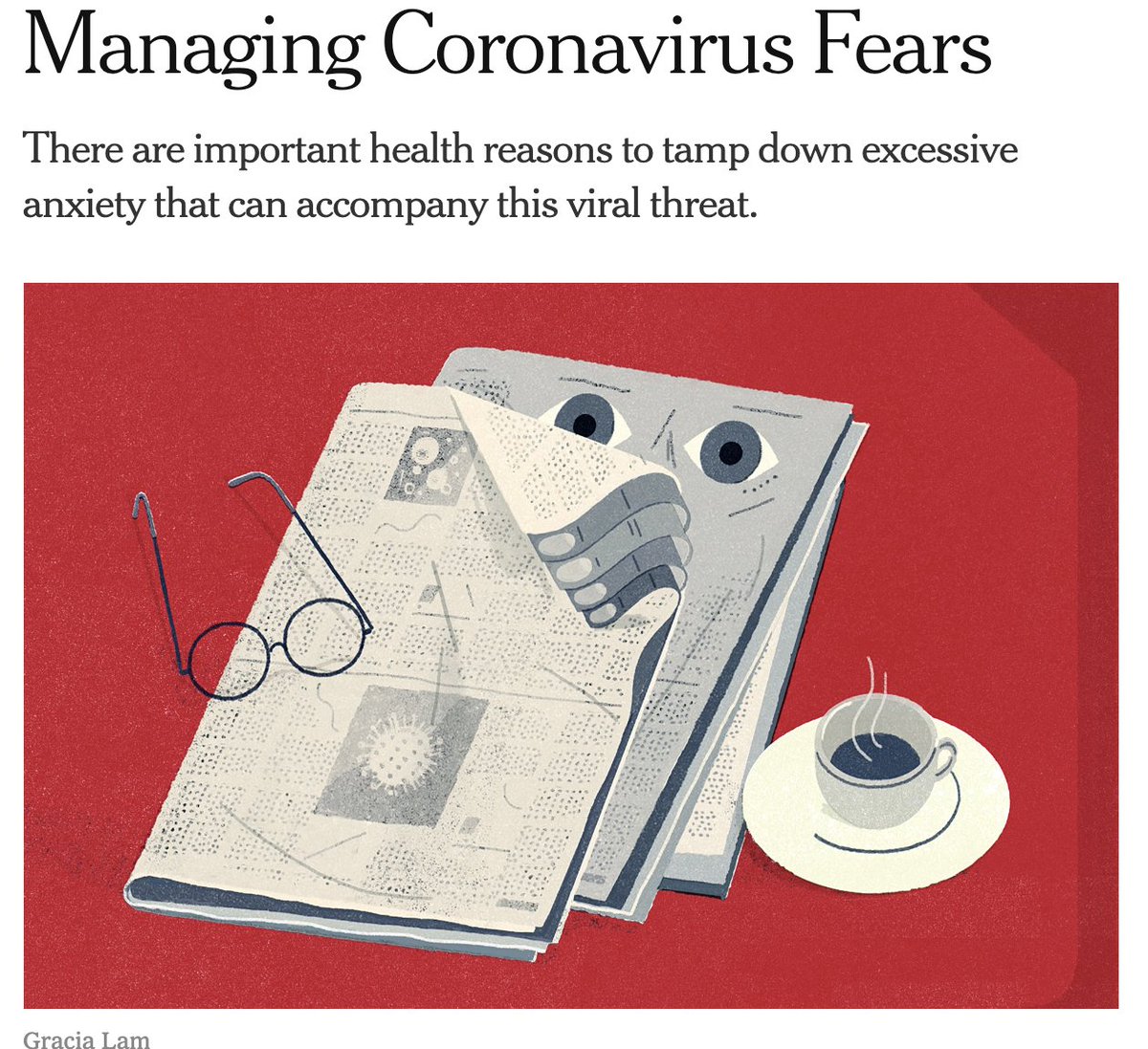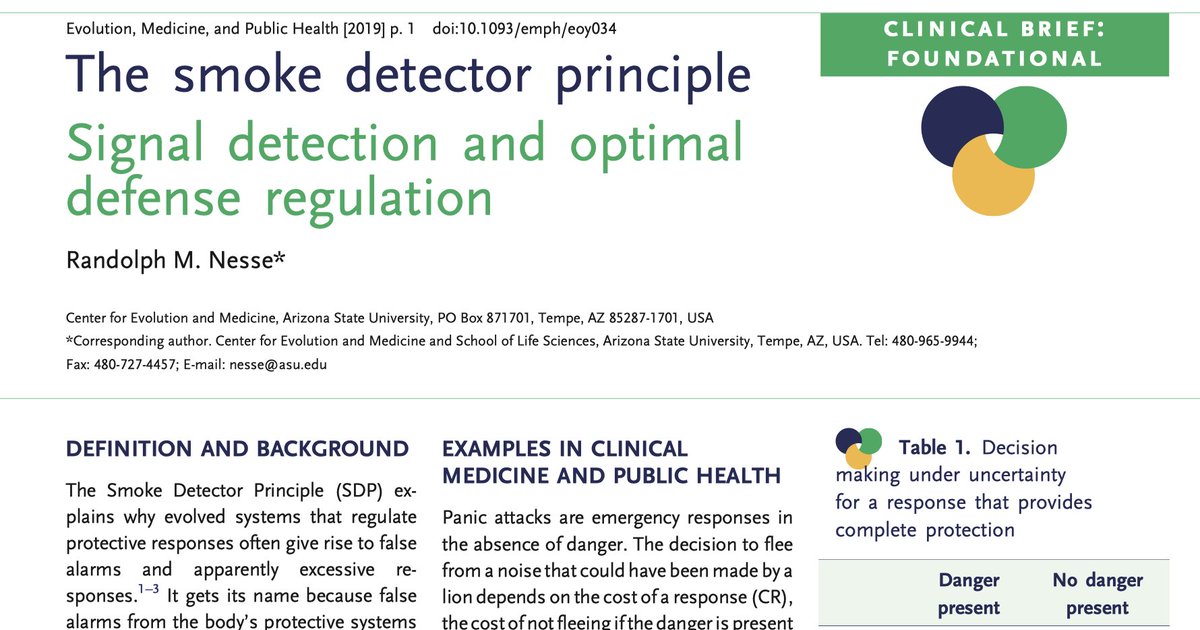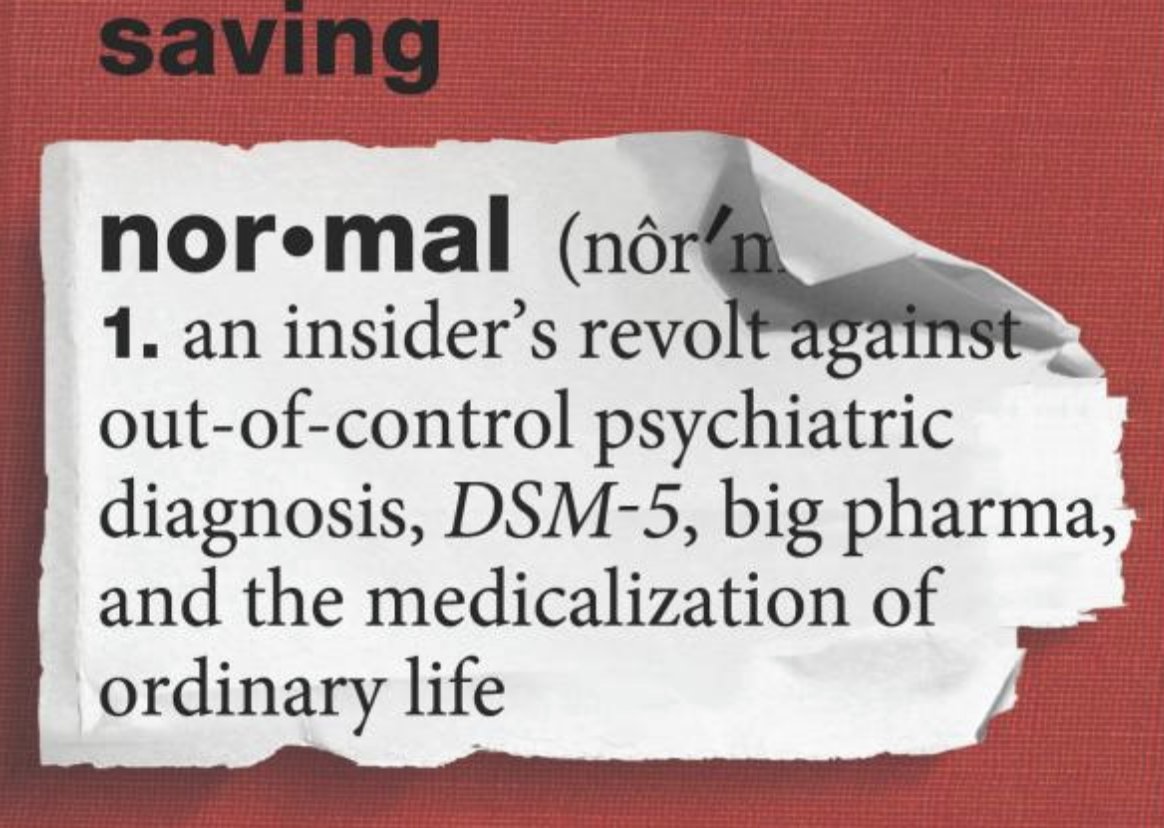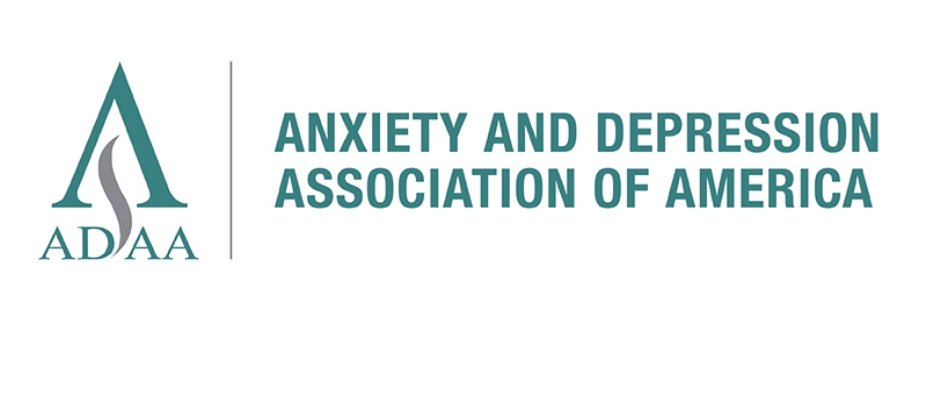The flood of articles offering “Quick tips for controlling your Covid anxiety” makes me nervous. After 30 years treating patients in one of the first specialty clinics devoted to anxiety disorders, I should have super advice, right? Not really, but here are 6 observations. 

Quick tips can help but they can be worse than useless. Exercise, eat right, get sleep, talk with friends, and challenge negative thoughts. Like diet suggestions, they can help, but they can be hard to follow, ineffective, or prone to make some people feel like failures.
Some articles advise readers they MUST control their anxiety to avoid heart disease and cancer. There is hardly any evidence that anxiety directly causes medical illness but worry about that can initiate a vicious cycle that turns ordinary anxiety into a serious problem. 

Most anxiety is normal but useless. It is worthwhile whenever its cost is less than the cost of not responding times the probability that the danger is present. So, when risks are uncertain normal false alarms abound. Knowing this “Smoke Detector Principle” can help. 

Anxiety is not always a mental health problem. It is often just anxiety. Like pain, it feels awful and should be relieved whenever that can be done safely. But most anxiety is a product of danger, not mental illness. People have enough problems without being told they are sick. 

Anxiety is excessive and even crippling for some people. Some because of their genes, some because of experiencing awful events, some for complicated reasons. These anxiety disorders need professional treatment; thank goodness it is usually effective. @Got_Anxiety 

The pandemic is causing terrible mental suffering but talk about a mental health epidemic distracts from individual experiences of fear of sickness, loneliness, exhaustion, job loss, poverty…and the positive experiences of those finally freed from long commutes and awful jobs.
Those likely to appreciate this thread about anxiety in the pandemic include @DrHowardLiu @RiadhAbed1 @danielnettle @AllenFrancesMD @Got_Anxiety @ISEMPH @evmedasu @HumBehEvoSoc @AnxietyUK @ProfPaulGilbert @abelson @danieldennett @sapinker @CT_Bergstrom @sxbegle @Horganism
• • •
Missing some Tweet in this thread? You can try to
force a refresh









